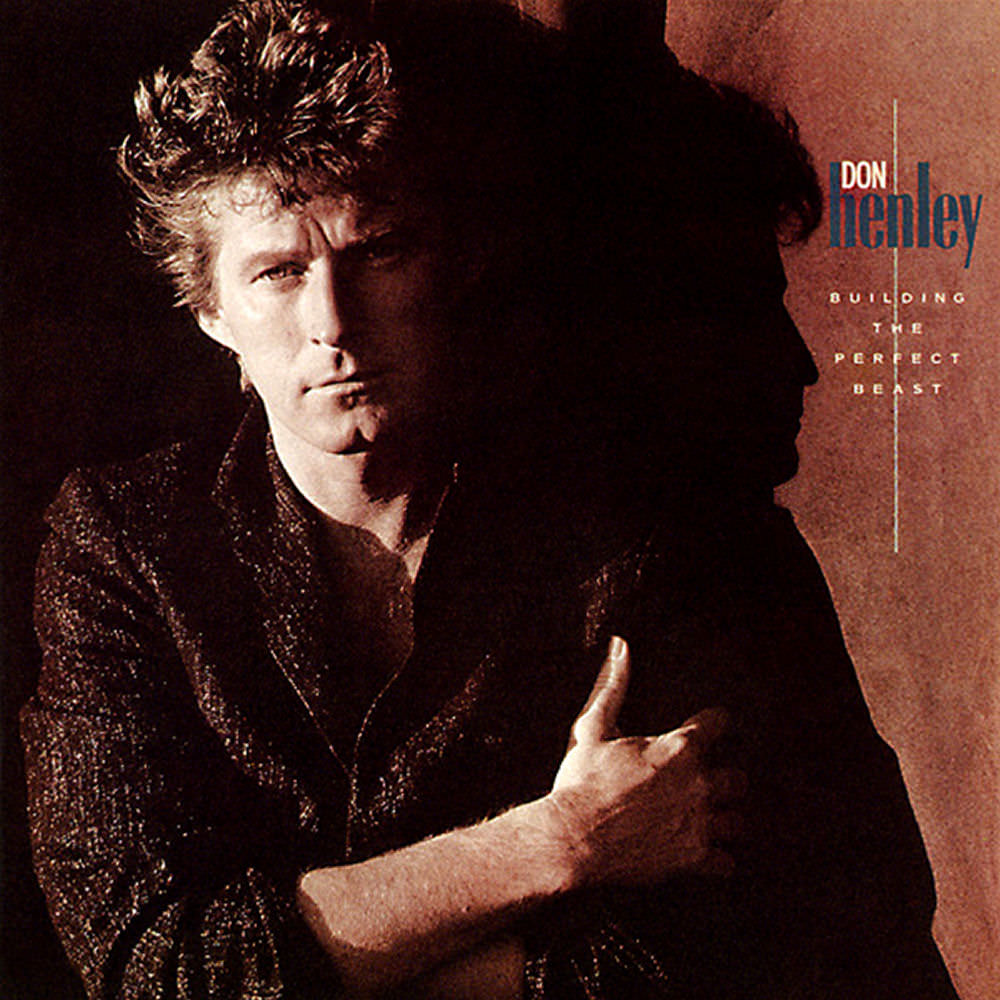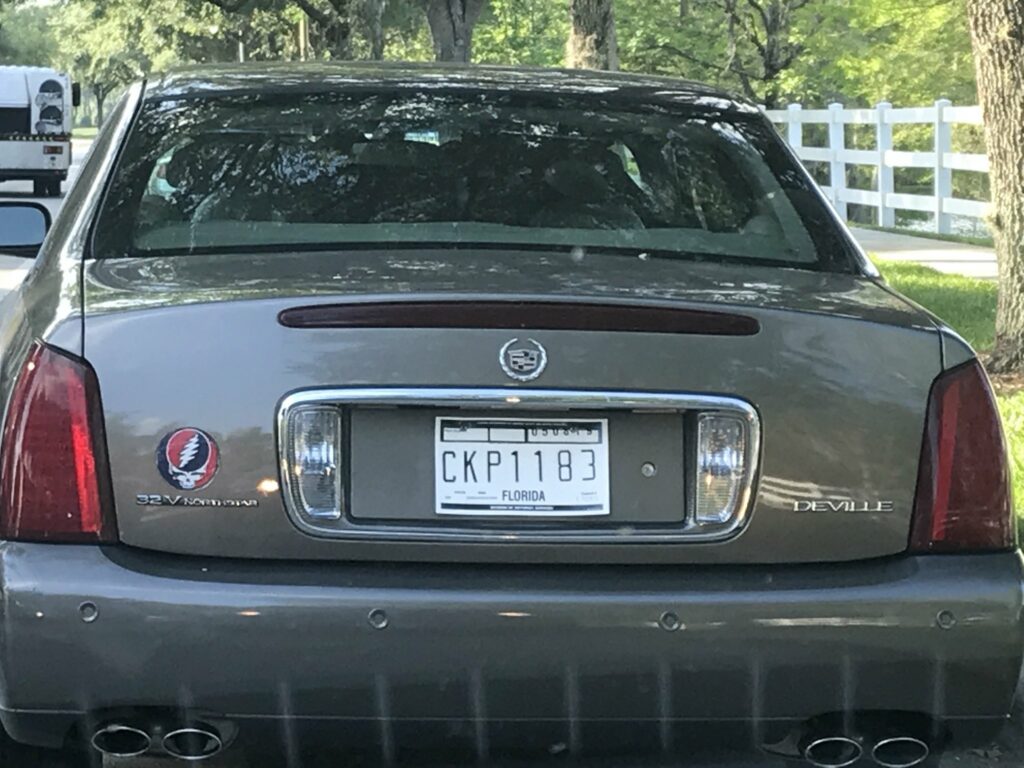The Meaning of Don Henley’s “The Boys of Summer”

The Eagles may have broken up in 1980, but Don Henley certainly wasn’t done writing the hits. He had a number of them in the 80s, including 1984’s “The Boys of Summer” — a now-classic song about getting older and missing a summertime lover from days past.
“The Boys of Summer” serves as the first track to Henley’s second solo album, Building the Perfect Beast. Released in October 1984, the release date serves as a hint that this song often associated with summertime is actually more about bittersweet memories than the jubilation of summertime.
Henley’s lyrics tell of longing for days past, and fond memories from a relationship that peaked one summer that he will never forget.
“The Boys of Summer” Lyrics Meaning
There have been many interpretations as to the meaning of “The Boys of Summer”, so let’s dive in:
Nobody on the road
First verse to “The Boys of Summer” by Don Henley.
Nobody on the beach
I feel it in the air
The summer’s out of reach
Empty lake, empty streets
The sun goes down alone
I’m driving by your house
Though I know you’re not home
In the first verse, Henley sings about driving through a deserted beach town, after the summer has passed and the once-vibrant place has shuttered until the warmer days return. He drives past the house of an old lover, whom he knows is no longer around.
This sparks the memory that leads into that nostalgic chorus, which can make even the happiest of lovers feel a longing for the past:
But I can see you-
Chorus to “The Boys of Summer” by Don Henley.
Your brown skin shinin’ in the sun
You got your hair combed back and your sunglasses on, baby
And I can tell you my love for you will still be strong
After the boys of summer have gone
The chorus contains the phrase that the song is titled after: “boys of summer”. This is where the conversation about the song’s meaning has a few interpretations.
Who are the “Boys of Summer?”
First, we have the most simple answer, and the one that seems to fit with a literal interpretation of the lyrics. The boys of summer are simply young men who frequent the beach town during the summer months, meeting women and having summer flings.
The Boys of Summer is also commonly used to refer to a baseball team, as the sport is played during the summer months. When the summer ends, the “Boys of Summer” go away. This also fits with the literal interpretation of the lyrics.
Finally, some fans of the Eagles have suggested that this song is actually about the Eagles themselves, and Henley’s dissatisfaction with the way things turned out for the band, after they were no longer the “New Kid In Town”.
They were arguably the biggest band in America and then they broke up after fighting on stage in July of 1980, and threw it all away. That’s a story for another day, but worth noting when talking about “The Boys of Summer”.
I never will forget those nights
Second verse to “The Boys of Summer” by Don Henley.
I wonder if it was a dream
Remember how you made me crazy?
Remember how I made you scream
Now I don’t understand what happened to our love
But babe, I’m gonna get you back
I’m gonna show you what I’m made of
In the second verse, Henley recalls some of the more intense nights with his past lover. The lyrics here seem to suggest wild things happening in the bedroom, though can also be flipped around to refer to fighting and irrational behavior.
The third verse contains the song’s most famous lyric, the one that most people think of when they remember “The Boys of Summer”:
Out on the road today, I saw a Deadhead sticker on a Cadillac
Third verse to “The Boys of Summer” by Don Henley.
A little voice inside my head said, “Don’t look back. You can never look back”
I thought I knew what love was
What did I know?
Those days are gone forever
I should just let them go but-
To understand the meaning of seeing a “Deadhead sticker on a Cadillac”, you must consider the time at which this song was written. This was during the mid-80s, a time when the Grateful Dead were actively touring, but had already been around for twenty years.
To see a Deadhead sticker on a Cadillac, which at the time was a very nice car, presented a contradiction, but also represented the passing of time. In 1985, to see a Deadhead sticker on a Cadillac was not the craziest thing, because by that time many of their original fans had reached middle age and could reasonably afford a Cadillac.

Henley discussed this lyric in a 1985 interview with NME:
“I was driving down the San Diego freeway and got passed by a $21,000 Cadillac Seville, the status symbol of the Right-wing upper-middle-class American bourgeoisie – all the guys with the blue blazers with the crests and the grey pants – and there was this Grateful Dead ‘Deadhead’ bumper sticker on it!”
To close out the song, Henley belts out the chorus a few times, and we feel the passing of time that everyone experiences. We all look back on summers past, wishing we could grasp them once again. But alas, as we hear in “The Boys of Summer”, there’s nothing we can do to bring back those days.
Watch the music video below.